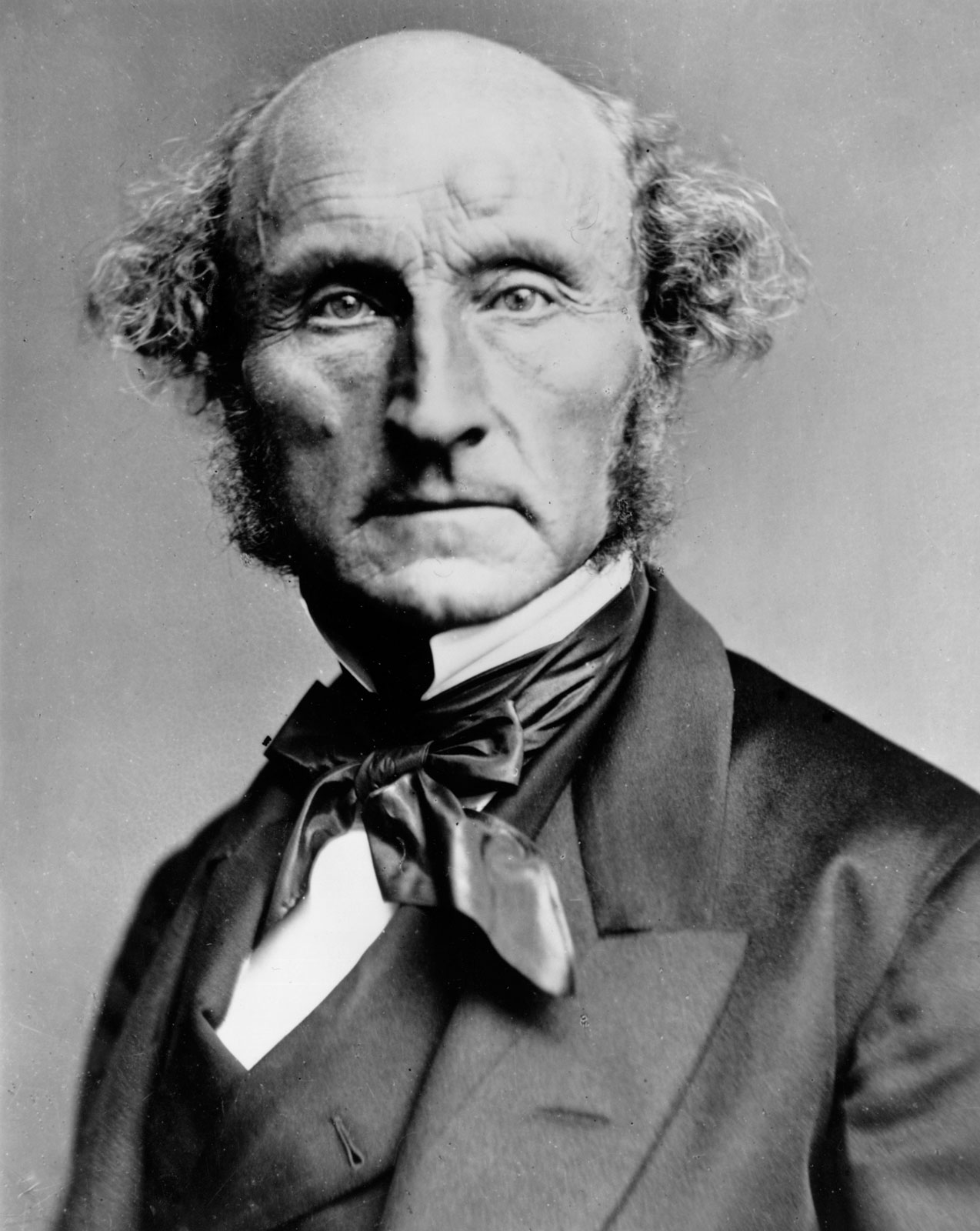The only purpose for which power can be rightfully exercised over any member of a civilized community against his will is to prevent harm to others.

"John Stuart Mill" was a British philosopher, political economist and civil servant. He was an influential contributor to social theory, political theory and political economy. He has been called "the most influential English-speaking philosopher of the nineteenth century". Mill's conception of liberty justified the freedom of the individual in opposition to unlimited state control.
Mill expresses his view on freedom by illustrating how an individual's amelioration of personal quality and self-improvement is the sole source of true freedom. Only when an individual is able to attain such a beneficial standard of one's self, whilst in the absence of rendering external onerosity upon others, in their own journey to procure a higher calibre of self-worth, that true freedom prevails.
If you enjoy these quotes, be sure to check out other famous philosophers! More John Stuart Mill on Wikipedia.The worth of the state, in the long run, is the worth of the individuals composing it.
One person with a belief is equal to a force of 99 who have only interests.
Over one's mind and over one's body the individual is sovereign.
Next to selfishness the principal cause which makes life unsatisfactory is want of mental cultivation.
Originality is the one thing which unoriginal minds cannot feel the use of.
Ask yourself whether you are happy and you cease to be so.
Those only are happy who have their minds fixed on some object other than their own happiness: on the happiness of others, on the improvement of mankind, even on some art or pursuit followed not as a means, but as itself an ideal end. Aiming at something else, they find happiness by the way.
In this age, the man who dares to think for himself and to act independently does a service to his race.
Indeed the dictum that truth always triumphs over persecution, is one of those pleasant falsehoods which men repeat after one another till they pass into common places, but which all experience refutes.
No great improvements in the lot of mankind are possible until a great change takes place in the fundamental constitution of their modes of thought.
The only purpose for which power can be rightfully exercised over any member of a civilized community, against his will, is to prevent harm to others. His own good, either physical or moral, is not a sufficient warrant.
Men do not desire merely to be rich, but to be richer than other men.
Everyone who receives the protection of society owes a return for the benefit.
A person may cause evil to others not only by his actions but by his inaction, and in either case he is justly accountable to them for the injury.
No one can be a great thinker who does not recognize that as a thinker it is his first duty to follow his intellect to whatever conclusions it may lead. Truth gains more even by the errors of one who, with due study, and preparation, thinks for himself, than by the true opinions of those who only hold them because they do not suffer themselves to think.
Conservatives are not necessarily stupid, but most stupid people are conservatives.
Actions are right in proportion as they tend to promote happiness; wrong as they tend to produce the reverse of happiness. By happiness is intended pleasure and the absence of pain.
That so few now dare to be eccentric marks the chief danger of the time.
If mankind minus one were of one opinion, then mankind is no more justified in silencing the one than the one - if he had the power - would be justified in silencing mankind.
Copyright © 2024 Electric Goat Media. All Rights Reserved.